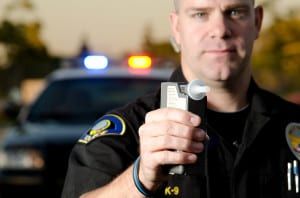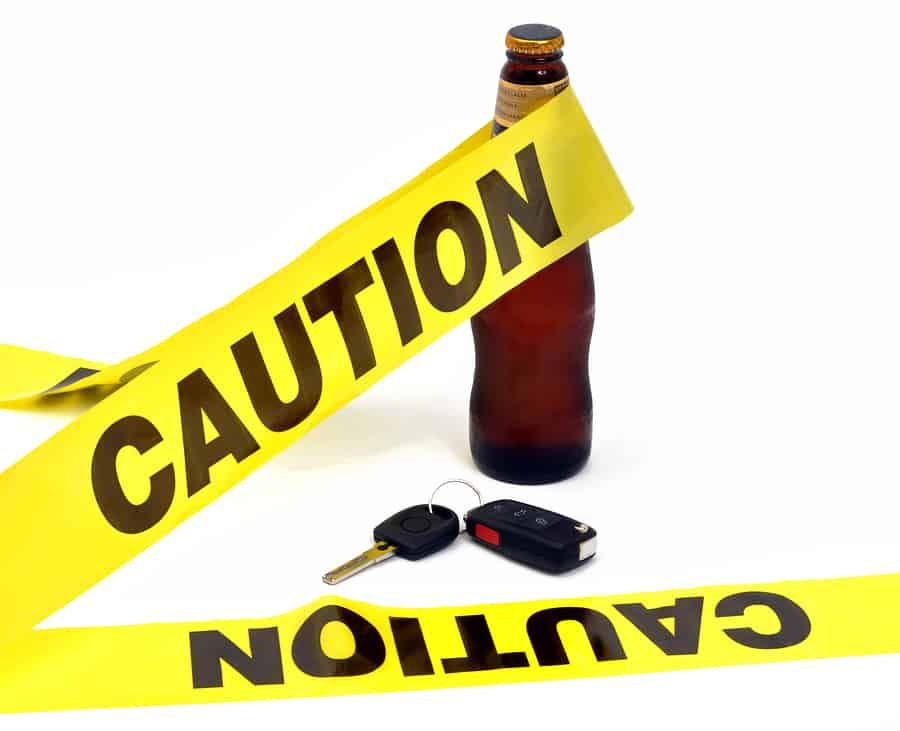 Whenever we announce a crackdown on drunk drivers during holiday periods, we mention sobriety checkpoints as an increased law enforcement activity. But what exactly are sobriety checkpoints and how effective are they at preventing drunk driving? Read on to find out the basics of sobriety checkpoints.
Whenever we announce a crackdown on drunk drivers during holiday periods, we mention sobriety checkpoints as an increased law enforcement activity. But what exactly are sobriety checkpoints and how effective are they at preventing drunk driving? Read on to find out the basics of sobriety checkpoints.
What are sobriety checkpoints?
Sobriety checkpoints, also called DUI/DWI checkpoints, are locations where police officers check drivers for signs of impairment or intoxication. They’re often used as part of a larger drunk driving deterrence program, not simply to arrest people.
Are sobriety checkpoints legal?
Yes. The U.S. Supreme Court ruled that sobriety checkpoints are legal because the need to save lives outweighs the small inconvenience drivers face. However, 12 states prohibit or do not use sobriety checkpoints by state law or based on their interpretation of the U.S. constitution. Visit www.ghsa.org to see if your state uses sobriety checkpoints.
Will I know if I’ll be driving through a sobriety checkpoint?
Yes. Law enforcement agencies are required to announce the time and location of checkpoints, such as on TV or the radio, before they occur. You’ll also see signs as you approach a checkpoint. If you know you’ll be passing through a checkpoint when traveling, give yourself extra time to get to your destination to avoid frustration.
Do officers stop every vehicle?
While officers can stop every vehicle, they usually use a pattern, such as stopping every other vehicle or every fourth vehicle.
What do I do when I pass through a sobriety checkpoint?
Be prepared to stop and have your driver’s license, registration, and insurance identification card ready. Be friendly and courteous and understand that the checkpoint is there to prevent drunk driving-related crashes and fatalities. The average stop time at a checkpoint is about the same as at a stoplight, so be patient.
Will the police officer have me conduct a breath test?
Officers will only ask a driver to conduct a breath test if he or she has reason to believe the driver is impaired or intoxicated, just as a police officer would do if he or she had pulled the driver over.
What happens when police officers catch a drunk driver at a sobriety checkpoint?
Getting caught drinking and driving at a checkpoint is the same as getting caught and pulled over on the road or highway. You’ll be arrested, charged with DUI or DWI, and face fines, jail time, driver’s license suspension, probation, counseling, and/or ignition interlock installation if convicted. Avoid the consequences of a DUI by never drinking and driving.
How often are sobriety checkpoints set up?
It depends on the state. Some might use checkpoints throughout the year while others use them once a week or once or twice a month. Sobriety checkpoints are also often used on the weekends or during holiday periods when there are a higher number of drunk drivers on the road.
How effective are sobriety checkpoints are preventing drunk driving?
According to a 2002 study by the Centers for Disease Control and Prevention (CDC), states that used sobriety checkpoints saw an 18% to 24% decrease in drunk driving-related crashes and fatalities. Checkpoints not only help get drunk drivers off the road, but they can deter drivers who hear about the checkpoints from drinking and driving.

 Yes, You Can Get a DUI on a Horse
Yes, You Can Get a DUI on a Horse